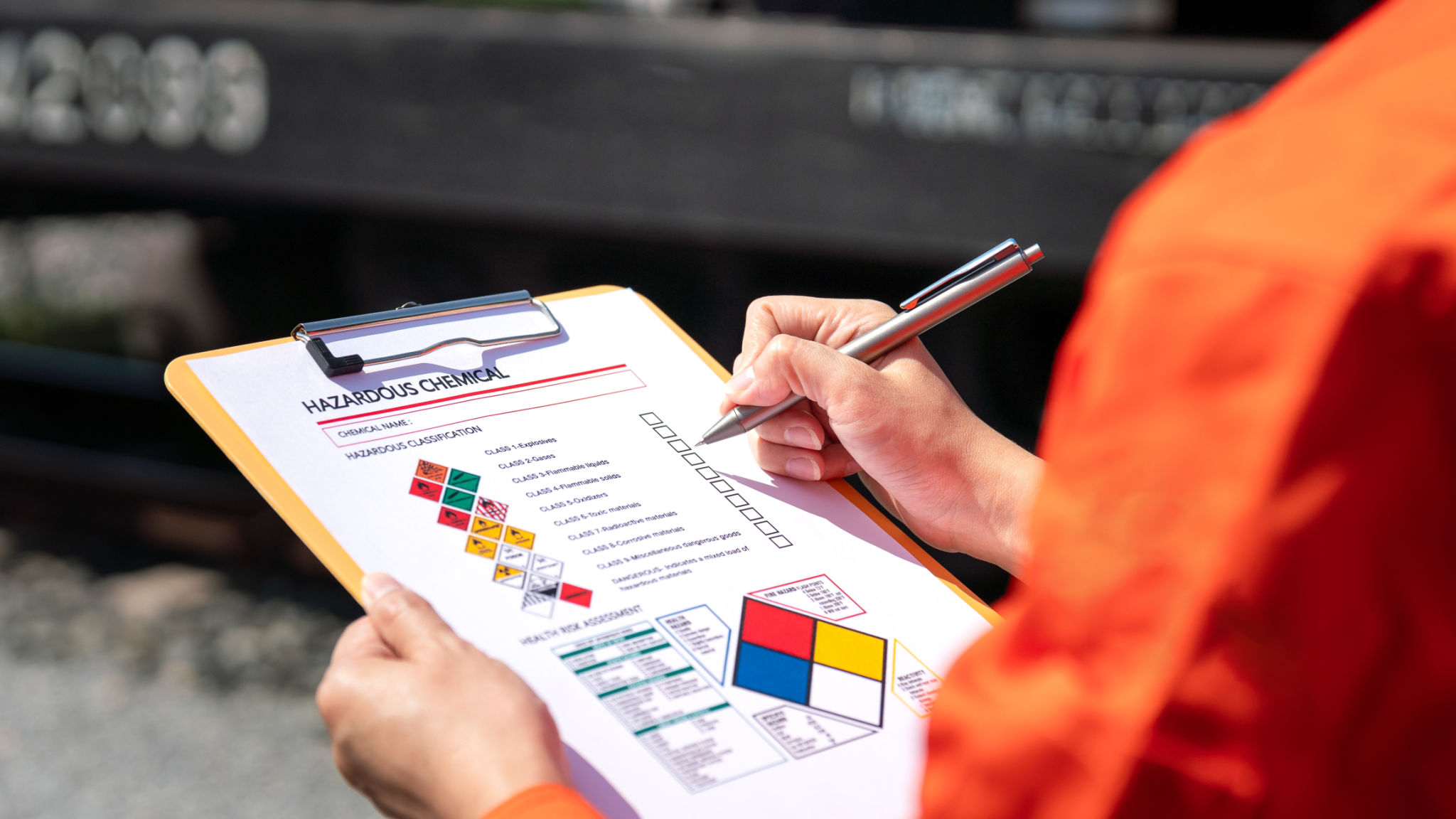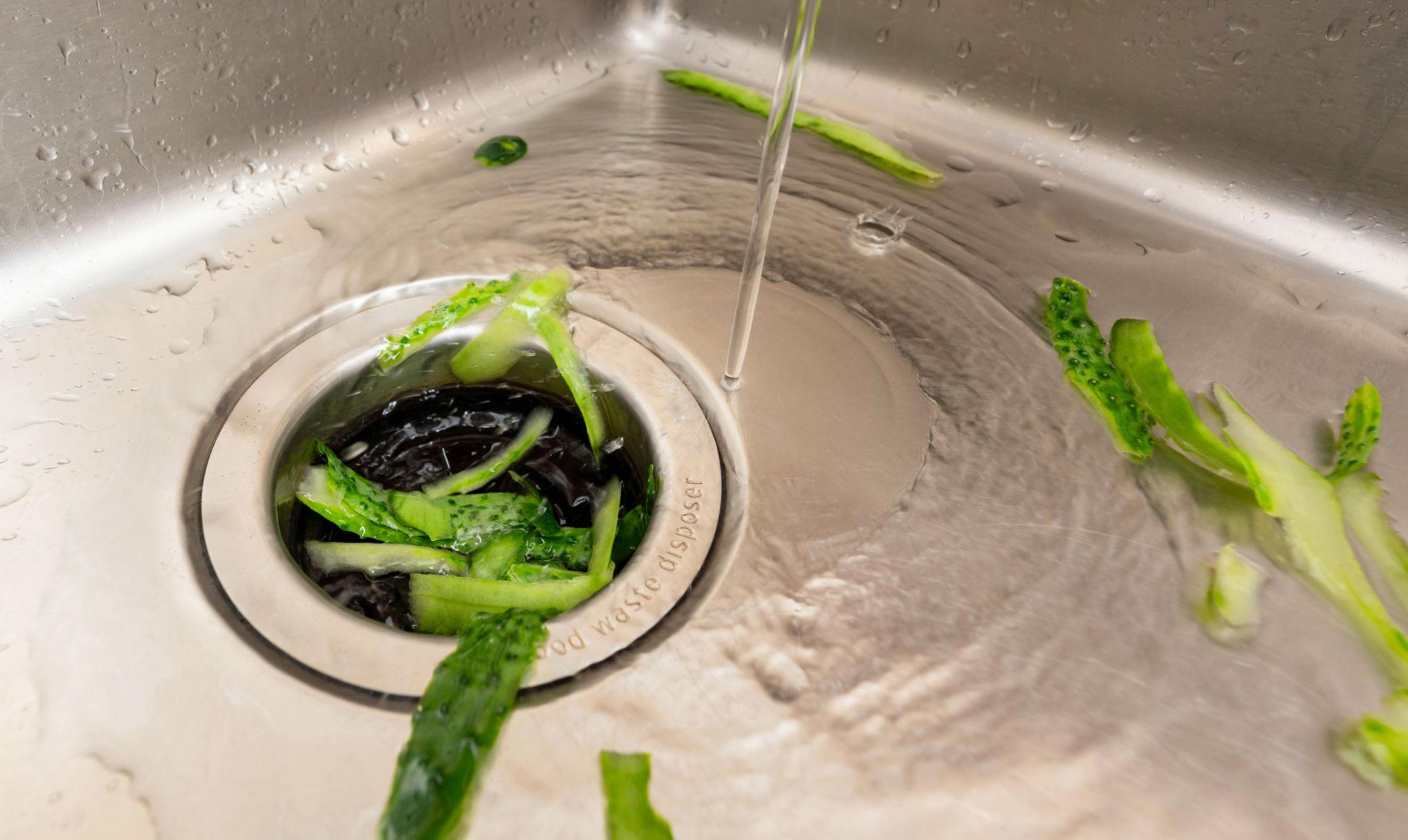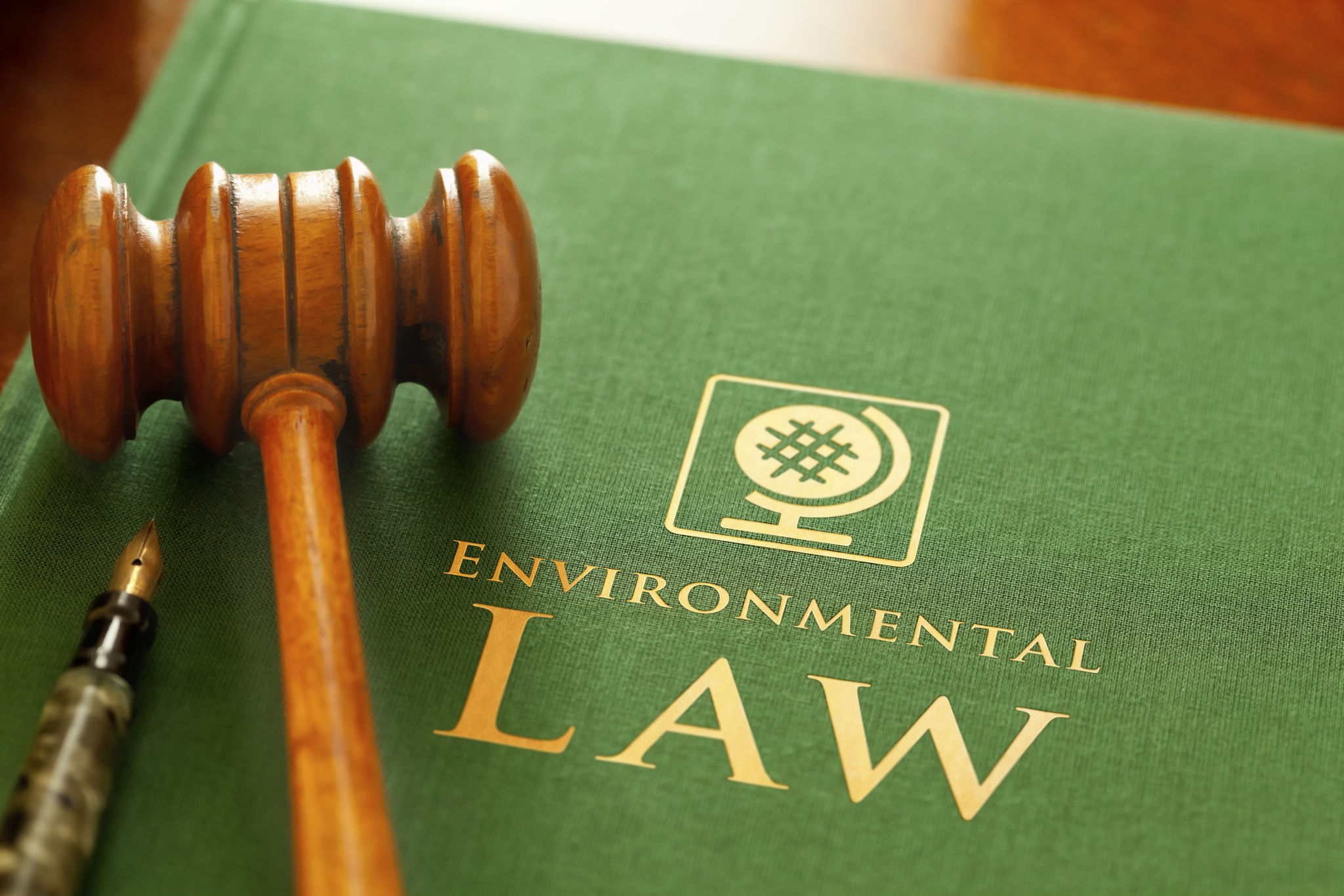How to Ensure Compliance with Hazardous Waste Regulations in the Philippines
Understanding the Importance of Compliance
Compliance with hazardous waste regulations is crucial for businesses operating in the Philippines. Not only does it ensure the safety and health of the public and the environment, but it also protects companies from legal penalties and reputational damage. The Philippines has specific regulations under the Department of Environment and Natural Resources (DENR) that govern the management of hazardous waste.

Identify Hazardous Waste
The first step to ensuring compliance is to accurately identify what constitutes hazardous waste. According to the DENR, hazardous wastes are substances that pose substantial or potential threats to public health or the environment. These include chemicals, industrial by-products, and other materials that require careful handling and disposal.
Businesses should conduct a thorough assessment of their operations to determine if they generate any hazardous waste. This involves reviewing manufacturing processes, examining raw materials used, and understanding by-products generated. Proper identification is essential for complying with regulatory requirements and implementing suitable waste management practices.
Implementing a Waste Management Plan
Once hazardous waste has been identified, the next step is to develop and implement a comprehensive waste management plan. This plan should outline procedures for the safe storage, handling, transportation, and disposal of hazardous waste. It is essential to follow the guidelines set by the DENR to ensure that all activities are compliant with national regulations.
Training employees on proper waste management practices is also crucial. They should understand the risks associated with hazardous waste and be equipped with the knowledge to handle it safely. Regular training sessions and updates on regulatory changes can help maintain compliance.

Registering with the Environmental Management Bureau
Businesses generating hazardous waste must register with the Environmental Management Bureau (EMB) of the DENR. This registration process involves submitting necessary documents that detail the type and quantity of hazardous waste produced. The EMB provides guidelines and assistance to ensure that businesses meet all regulatory requirements.
Failure to register or provide accurate information can result in hefty fines and legal consequences. It is crucial to maintain an open line of communication with the EMB and promptly address any compliance issues that may arise.
Partnering with Accredited Waste Transporters and Treaters
Transporting and treating hazardous waste requires specialized expertise and equipment. Businesses should partner with accredited transporters and treaters who are authorized by the DENR. These professionals have the necessary knowledge and tools to handle hazardous waste safely and in accordance with regulations.
- Verify accreditation status before partnering.
- Ensure proper documentation for all waste transfers.
- Regularly review service agreements to align with current regulations.

Monitoring and Reporting
Continuous monitoring and reporting are essential components of maintaining compliance with hazardous waste regulations. Businesses should keep detailed records of all hazardous waste activities, including generation, storage, transportation, and disposal. Regular audits can help identify areas for improvement and ensure ongoing adherence to regulatory standards.
Reports must be submitted to the EMB as required, detailing the types and quantities of hazardous waste managed. Accurate reporting not only ensures compliance but also demonstrates a commitment to environmental responsibility.
Staying Informed on Regulatory Changes
The regulatory landscape for hazardous waste management is subject to change. Businesses must stay informed about updates to legislation and guidelines issued by the DENR. Joining industry associations or subscribing to relevant newsletters can provide valuable insights into upcoming changes that may impact compliance efforts.
Proactive engagement with regulatory bodies can also facilitate better understanding and implementation of new requirements. By staying ahead of changes, businesses can ensure they remain compliant and avoid potential disruptions.
In conclusion, ensuring compliance with hazardous waste regulations in the Philippines requires a proactive approach involving identification, management, registration, partnership with accredited entities, monitoring, and staying informed about regulatory changes. By adhering to these steps, businesses can protect the environment while safeguarding their operations from legal liabilities.
